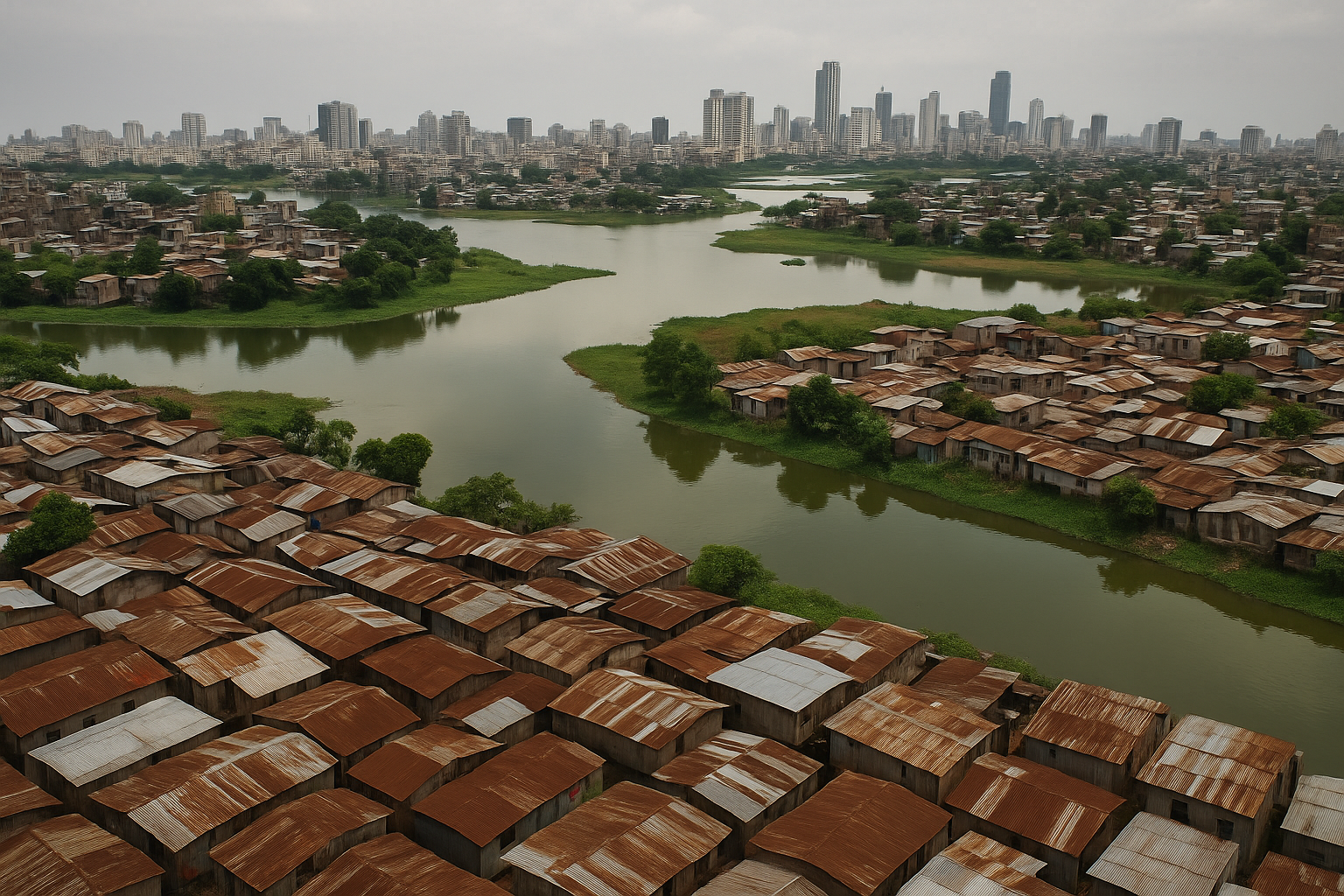ADB Approves $400M for Climate-Resilient Inclusive Development in Bangladesh
As one of the most climate-vulnerable countries in the world, Bangladesh faces increasing threats from rising sea levels, intense flooding, tropical cyclones, and climate-induced displacement.

- Country:
- Bangladesh
In a significant move to bolster Bangladesh’s climate resilience and sustainable development trajectory, the Asian Development Bank (ADB) has approved a $400 million loan to support the second phase of the Climate-Resilient Inclusive Development Program (CRIDP). The package is complemented by $400 million in cofinancing from the Asian Infrastructure Investment Bank (AIIB) and nearly $113 million from Agence Française de Développement (AFD), bringing total support to more than $913 million.
This financing aims to help Bangladesh build a robust climate governance framework, enhance resilience to natural disasters, reduce greenhouse gas emissions in key sectors, and promote inclusive economic growth that prioritizes the most vulnerable.
A Strategic Push for Climate Adaptation and Mitigation
As one of the most climate-vulnerable countries in the world, Bangladesh faces increasing threats from rising sea levels, intense flooding, tropical cyclones, and climate-induced displacement. According to recent estimates, if greenhouse gas emissions continue on their current trajectory, the country could lose up to one-third of its GDP by 2070, and 17% of its land mass by 2050—jeopardizing 30% of its food production.
Tropical cyclones alone already cost Bangladesh about $1 billion annually, or 0.7% of GDP. With these risks looming large, the CRIDP is designed to accelerate climate-resilient planning, mobilize financing, and ensure that adaptation measures are implemented efficiently across all levels of government.
“This program will help Bangladesh achieve its climate goals more efficiently by bringing government agencies together and aligning their work with national policies,” said Sameer Khatiwada, ADB’s Senior Public Sector Economist. “It will also remove obstacles to mobilizing climate finance, reinforce adaptation efforts in priority sectors, and speed up actions to reduce climate impacts.”
Key Initiatives Under CRIDP Phase II
The program’s second phase focuses on strengthening institutional frameworks, policy reforms, and financing mechanisms that support Bangladesh’s transition to a green, inclusive economy. Key components include:
-
Establishment of the Bangladesh Climate Development Partnership, a national platform to coordinate and mobilize climate financing while improving planning, implementation, and oversight of climate-related projects.
-
A new framework for locally-led adaptation, emphasizing youth and gender-responsive initiatives, with increased focus on empowering vulnerable communities to respond to localized climate impacts.
-
Support for national disaster risk financing mechanisms, including crop insurance, disaster risk insurance, and contingent financing tools to quickly respond to disasters.
-
Integration of renewable energy and sustainable transport planning, via updates to the Dhaka Strategic Transport Masterplan (2025–2034) and implementation of the Integrated Energy and Power Master Plan, supporting clean mobility and energy access.
Addressing Structural Constraints
The program also targets several long-standing constraints:
-
Inadequate climate financing architecture, especially for unlocking private sector investment;
-
Fragmented institutional frameworks, which have slowed implementation of climate adaptation plans;
-
Lack of coordination among ministries and local governments, which hampers program delivery.
By building a unified climate financing ecosystem and equipping institutions with data and tools for effective action, CRIDP aims to turn Bangladesh’s vulnerabilities into opportunities for green transformation and inclusive development.
Toward a Resilient Future
As the impacts of climate change intensify, Bangladesh is taking decisive steps to protect its people, economy, and ecosystems. With the backing of ADB, AIIB, and AFD, CRIDP Phase II offers a model for how developing nations can integrate climate adaptation into national development strategies, scale up green infrastructure, and build financial systems capable of managing environmental risk.
By fostering cross-agency collaboration, community engagement, and robust policy alignment, this program lays a strong foundation for Bangladesh to emerge as a regional leader in climate-smart development.










